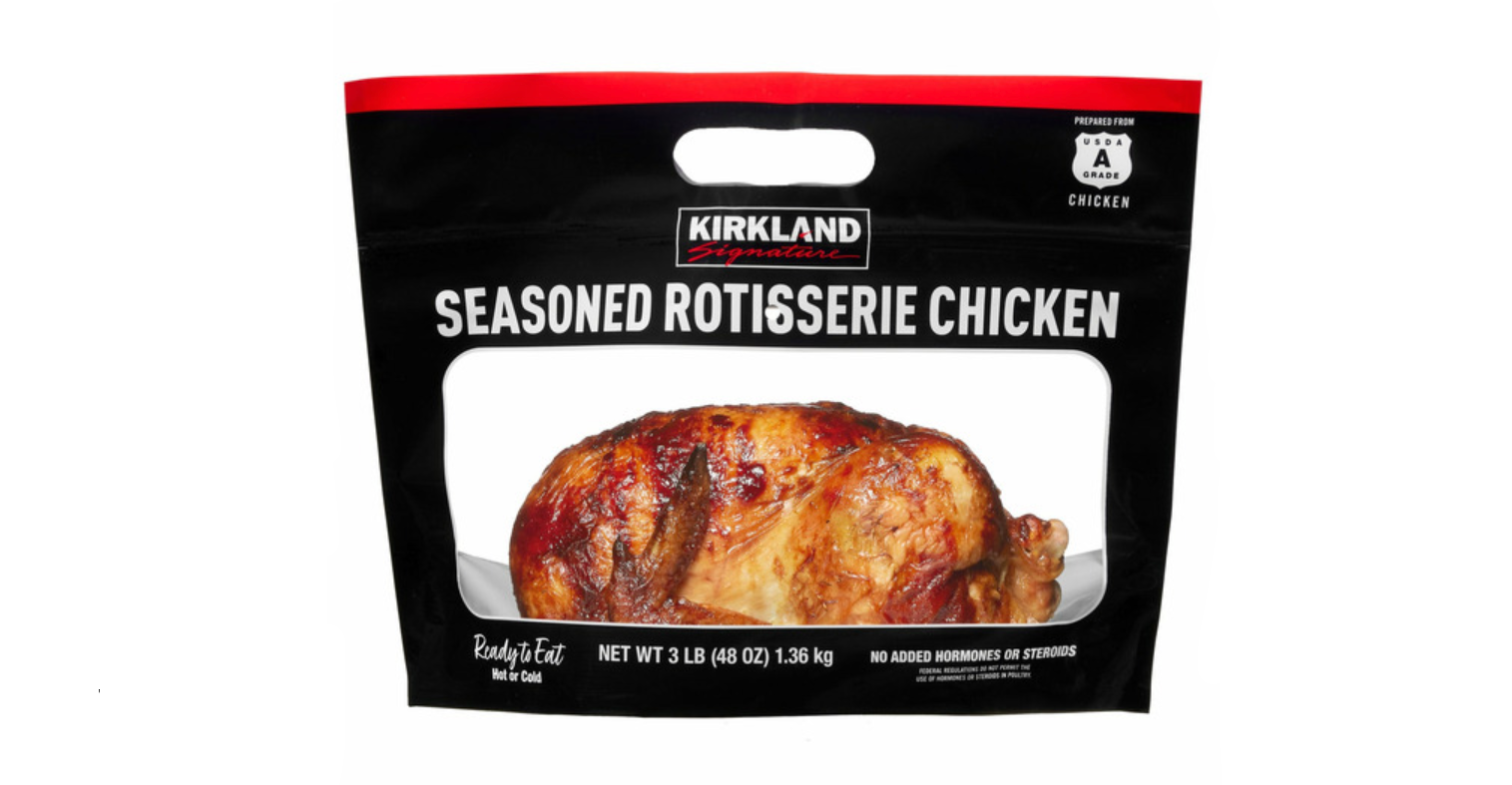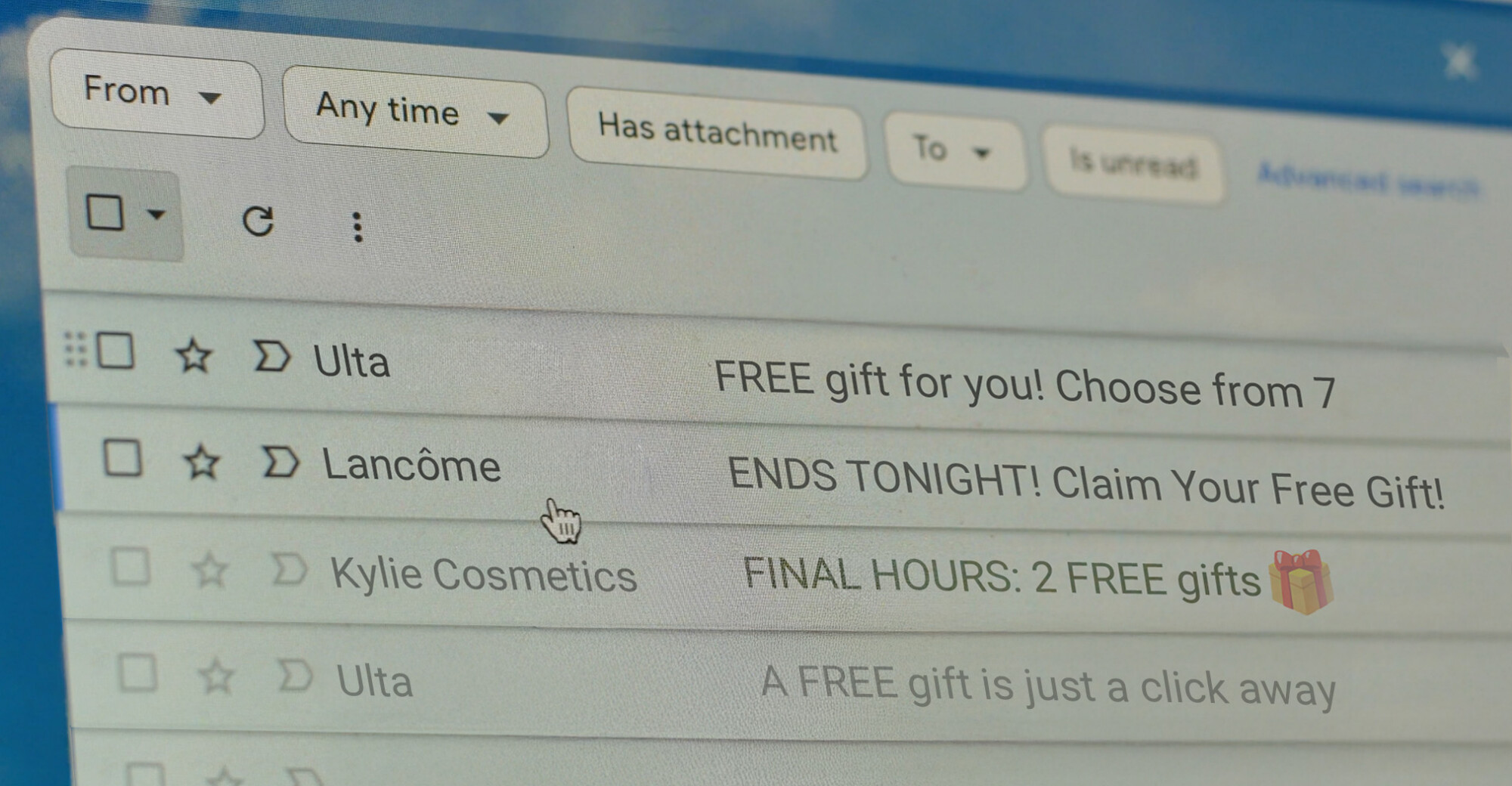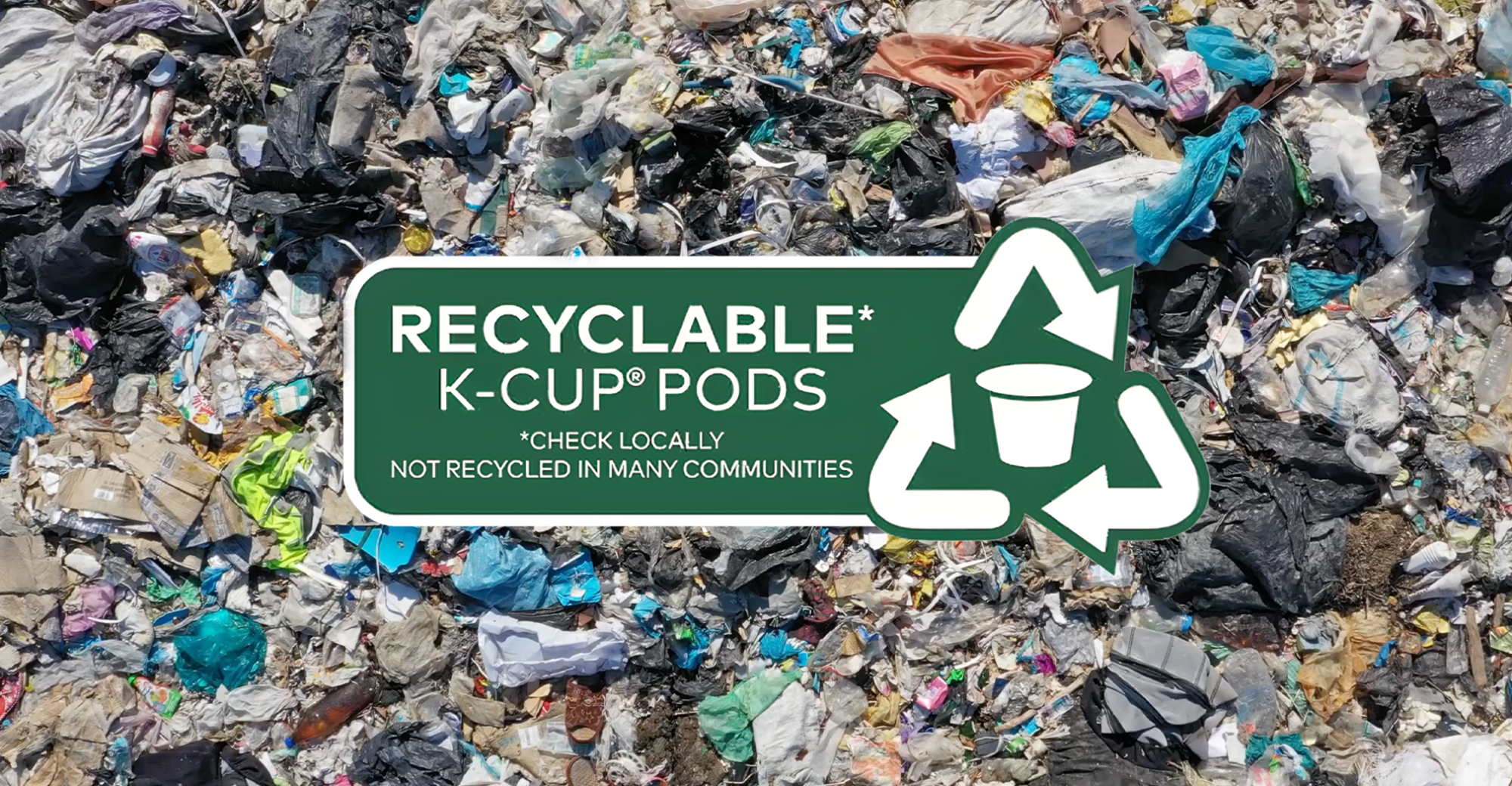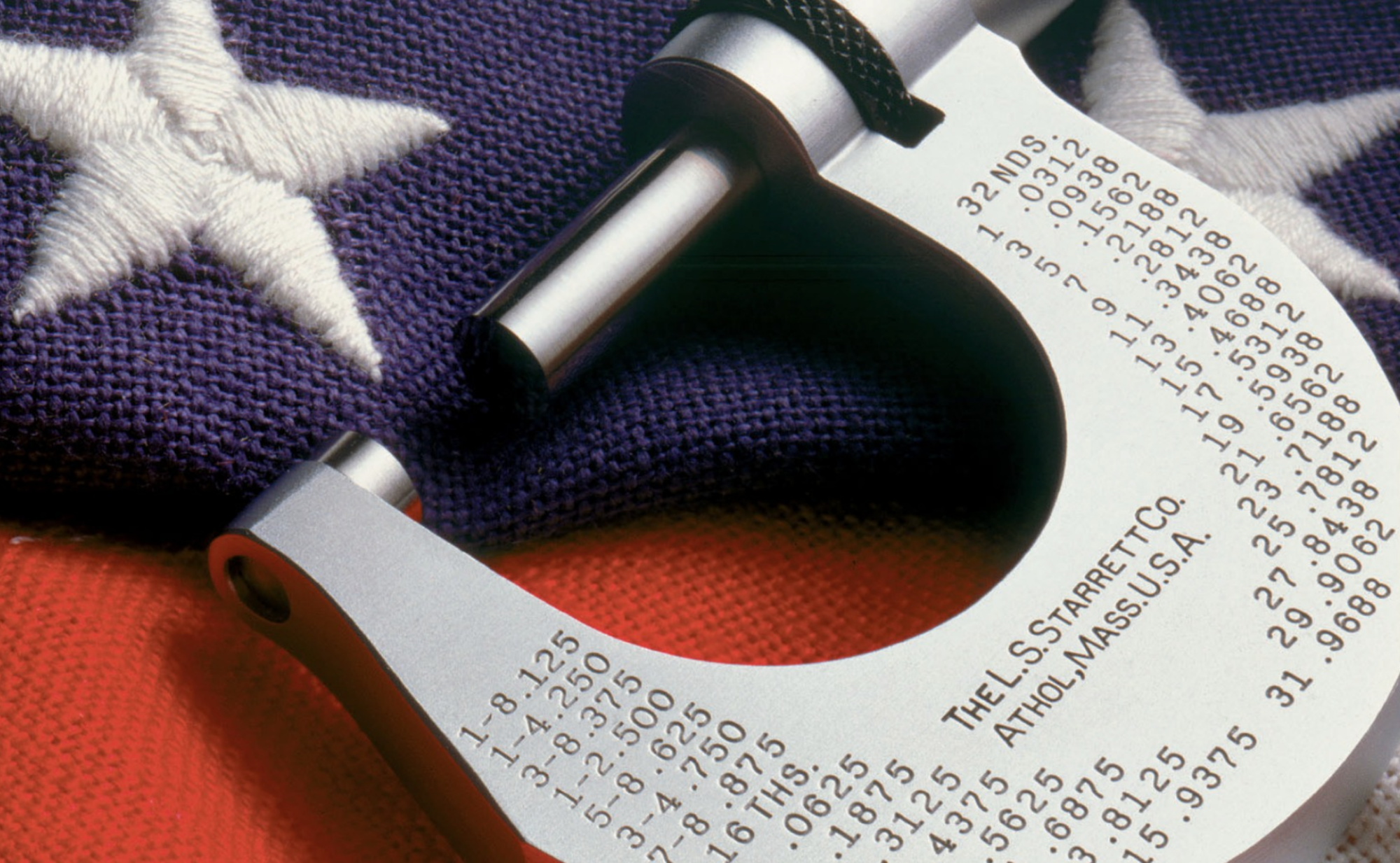
U-Haul Taking a Bite Out of the Big Apple
TINA.org files complaint with NYC over company’s “$19.95” truck rentals.
In October 2014, a federal judge granted preliminary approval of a $4.5 million settlement of two consolidated false advertising class-action lawsuits filed against Babolat, the tennis equipment company. The complaints, which were originally filed in 2013, alleged that the company claimed that the professionals it sponsors use the same tennis racquets sold to the public when, in reality, Babolat painted and modified the racquets used by the pros to look like the ones sold to the public. In addition, plaintiffs claimed that the company represented that tungsten fibers in the racquets’ frames increase stability and power when, in reality, tungsten was not used in the racquets. According to the settlement terms, class members with proof of purchase may receive a $50 refund for each adult racquet purchased and a $25 refund for each junior racquet purchased. A hearing for final approval of the settlement is scheduled for April 6, 2015. (Ahdoot et al v. Babolat VS North America, Inc. and Does 1-10, Case No. 13-cv-02823, C. D. CA.).
For more information about other class-action lawsuits regarding the deceptive advertising of tennis racquets and TINA.org’s coverage of the product, click here.
TINA.org files complaint with NYC over company’s “$19.95” truck rentals.
Lawsuit cries fowl over preservative-free claims.
Lawsuits target misleading subject lines.
MADISON, CONN. Jan. 27, 2026 – Beverage giant Keurig Dr Pepper is deceptively marketing its single-serve K-Cup pods as “recyclable” in violation of state and federal laws, according to an…
TINA.org nails down the truth behind these US-origin claims.



